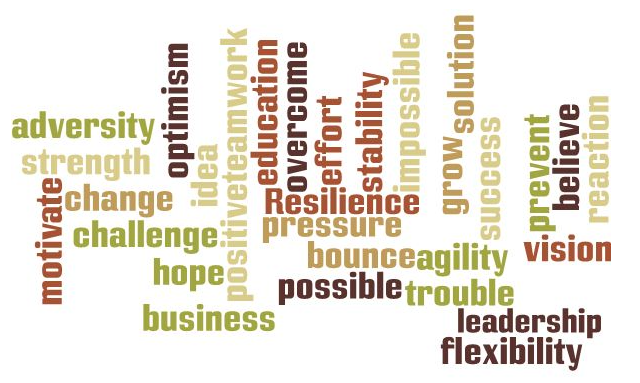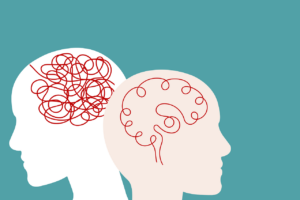
Resilience
Do you ever notice how a word sometimes appears and then you see it everywhere?! It quickly becomes a “buzzword?” The word “resilience” probably qualifies for this description. Those with backgrounds in engineering or manufacturing may know this word as it pertains to the ability of a material, design, building, or infrastructure to absorb or avoid damage without suffering complete failure. The World Health Organization is also focused on resilience, expanding on the concept and its implications for health at three levels:
1. Individual health
2. Community health
3. System (for example, the ecosystem) or Society health
As it pertains to physical, emotional, and mental health of humans, you can think of resilience as the ability to BOUNCE BACK after exposure to some kind of stress. Perhaps that stress is a physical stress—a challenge to one’s health such as an infection or and injury. Maybe the stress is a detrimental change in one’s environment—a difficult situation at home or greater amounts of air pollution. And certainly emotional stresses are real—caring for loved ones, worrying about finances…..the list of stresses that challenge humans daily is long and sometimes seems overwhelming.
Health research is pointing toward the characteristic of resilience—the ability to bounce back after a stress—as a key characteristic of maintaining healthspan. What is “healthspan?” This word simply refers to the number of years that humans live without the burden of the chronic diseases that tend to accumulate with age.
What kinds of things does health research suggest might promote resilience? Strong social support networks: It is important to stay connected even when we must keep a physical distance during this COVID19 pandemic.
Physical fitness: Keep moving even if it means moving around your house, up and down your stairs, and around your back yard.
ABOUT THE AUTHOR
Karyn Hamilton, Ph.D., Associate Director, Columbine Health Systems Center for Healthy Aging, Professor and Director of the Translational Research on Aging and Chronic Disease Lab, CSU Department of Health and Exercise Science





